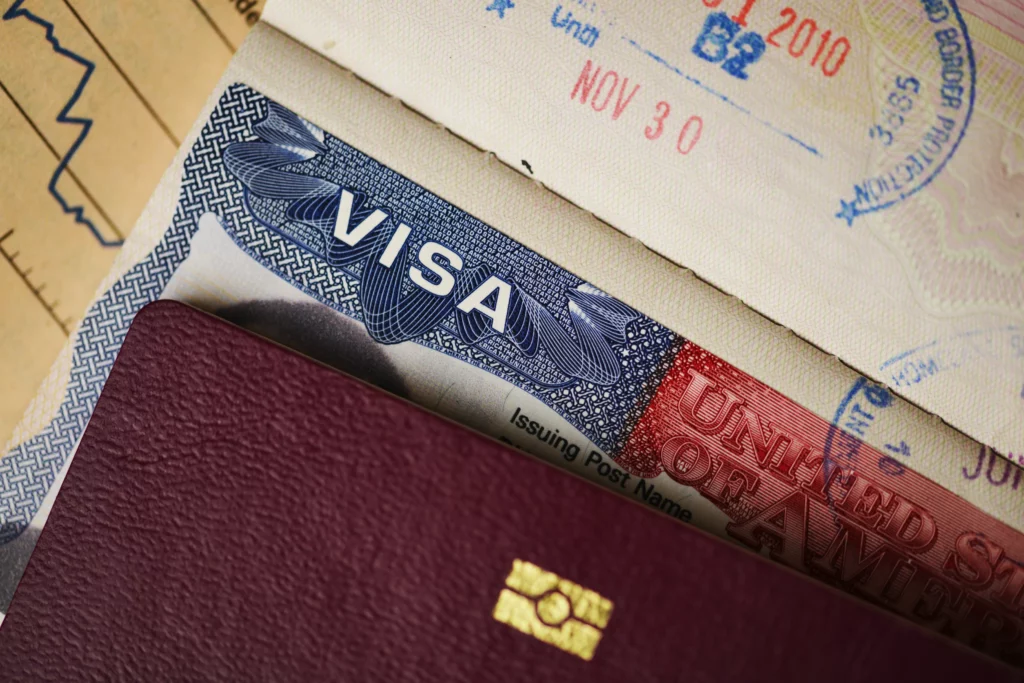Employment-Based Immigration

Employment-based immigration is one of the most important and complex areas of U.S. immigration law. It enables foreign nationals to obtain lawful permanent residency or work authorization in the United States based on their job qualifications, skills, and employer sponsorship.
These visas are vital for individuals seeking to live and work in the U.S. while contributing to the economy.
Types of Employment-Based Immigration Visas
There are several types of employment-based immigration categories, with each designed to address the needs of various professionals, workers, and industries. These categories generally fall under five preference levels, each with specific eligibility requirements and application processes. The main categories include:


EB-1: Priority Workers
The EB-1 visa is intended for individuals with extraordinary abilities in fields such as science, arts, education, business, or athletics. It is also for outstanding professors or researchers and certain multinational executives or managers. The benefit of this category is that it allows individuals to self-petition in certain cases, meaning they do not necessarily need employer sponsorship.
EB-2: Professionals with Advanced Degrees or Exceptional Abilities
The EB-2 category is for individuals who hold advanced degrees or have exceptional abilities in their field. This category includes professionals such as engineers, doctors, and scientists. A National Interest Waiver (NIW) can sometimes be used, which waives the job offer and labor certification requirement if the applicant’s work is deemed to be in the national interest.


EB-3: Skilled Workers and Professionals
The EB-3 visa is for professionals with at least a bachelor’s degree, skilled workers with at least two years of training or experience, and other workers performing unskilled labor that is needed in the U.S. This category often involves longer processing times and requires employer sponsorship.
EB-4: Special Immigrants
The EB-4 visa includes several subcategories for special immigrants, such as religious workers, certain employees of U.S. foreign service posts, and others with unique qualifications. This category is designed to assist certain types of workers and immigrants in various capacities, including those serving the U.S. government or in religious organizations.


EB-5: Investor Visa
The EB-5 visa is for foreign nationals who invest a substantial amount of money—typically $1 million or $500,000 in targeted employment areas—in a U.S. business that will create jobs for U.S. workers. This category is a pathway to a green card through economic investment.
The Application Process
The process of obtaining an employment-based immigration visa can be complex and requires several steps, including labor certification, obtaining a job offer from a U.S. employer, and sometimes even a lengthy wait due to visa backlogs.

For many of these categories, the first step is for the employer to file a petition with the U.S. Citizenship and Immigration Services (USCIS) on behalf of the foreign worker. Once approved, the worker can proceed with the immigrant visa process at a U.S. consulate or adjust their status if already in the U.S.

For individuals applying under EB-1 or EB-2 categories, it may be possible to self-petition, which eliminates the need for employer sponsorship. This is especially beneficial for individuals who do not have a U.S. employer but want to work in the U.S. based on their skills and achievements.
Why You Need Expert Legal Guidance
Employment-based immigration can be a lengthy, complicated process, and it’s essential to have a knowledgeable immigration attorney to navigate the requirements.
A lawyer specializing in employment-based immigration can help you understand which category is right for you, assist with the documentation and filing, and ensure that you meet all necessary requirements for a successful application.
